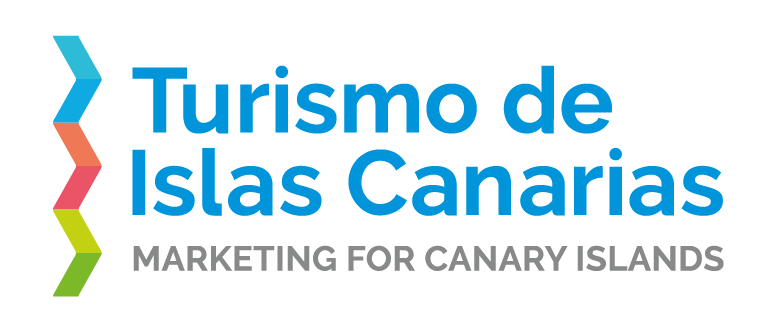
- English
- Español
New campaign aims to boost remote worker spending in Canary Islands
With our second international action aimed at this segment we’re entering a new stage of communication, focusing on the wide range of experiences and options available in the Islands after a day of remote working. The attention-grabbing campaign is running in 12 countries to attract these long-stay tourists, using giant screens driven through the streets of London and Berlin and in Madrid’s busy Plaza de Callao.
The strategy to put the Canary Islands on the remote worker radar began at the end of 2020, when we communicated practical arguments like broadband, air connectivity and work/life balance. The message seems to have struck a chord among the European remote worker community, which is forging a position as a structural segment in the increasingly diversified and less dependent Canary Islands tourism model.
Our latest goal was to build a new discourse based on rational arguments but focusing on the motivational sphere, by developing a communication concept at the heart of the entire campaign: #AfterTeleWork. The aim is to show teleworkers the great range of experiences available in the Islands at the end of a working day.
The discourse of the new Canary Islands campaign aimed at remote workers focuses on the motivational sphere by developing the concept of #AfterTeleWork.
Novel pieces
To raise awareness of the action, we chose novel, large-format pieces for London and Berlin, where vehicles equipped with giant digital screens will travel a strategically designed route through business and tech areas, reaching companies that encourage workplace flexibility and professionals who can work remotely.
In Madrid, the message will be shown on the famous screens in the city’s busy central square, Plaza de Callao, to the thousands of people who walk through the area every day.
The Canary Islands aim to become consolidated in the telework sector through a large-format, inventive campaign targeting this tourism segment.
As leaders in this tourism segment, the Canary Islands now aim to consolidate their position through a large-format, inventive campaign targeting remote work tourists. We want to invite European teleworkers not only to the office with the best climate in the world, but also to the destination with the best working climate in the world: eight islands where they can unwind and hang out for some aftertelework to enjoy the region’s landscapes, dining options, and sports, cultural and leisure activities.
The campaign will impact remote workers at all stages of their journey (inspiration, discovery, planning and organisation), working on awareness and affinity with creatives adapted to each target and format. The aim is to reach the target audience as effectively as possible by geopositioning and detecting user interests, impacting them according to where they are and what motivates them. Following the same creative line as the outdoor screens, but aiming to create affinity with potential tourists, we also designed pieces that will be viewed on social media, including reels, interactive stories and photo carousels.
The Canary Islands campaign will impact remote workers at all stages of their journey, working on awareness and affinity, with creatives adapted to each target and format.
Awareness of the Canary Islands brand will also be increased through WeTransfer, a popular transfer platform among remote workers.
Specific landing page
All the pieces will go to a landing page specifically designed for this campaign in four languages (Spanish, English, German and French), where users will be invited to enjoy a range of travel choices and experiences available on the eight islands. The website will also include specific information about the basics teleworkers look for when deciding on a long-term stay in the Canary Islands, such as good flight connections with the main European capitals, tax breaks and extensive internet coverage.
With an investment of 600,000 euros from REACT-EU funds, the campaign is currently running in the UK, Germany, Spain, France, Italy, Ireland, Finland, Sweden, Switzerland, Belgium, the Netherlands and the Czech Republic.
Remote workers in the Canary Islands
According to Nomad List, the top global website for remote workers, 45,800 teleworkers arrived in the Islands from January to November. These tourists enjoy an average stay of 50 nights and their average spending is 3,171 euros, corresponding to the average spending of 120,400 leisure tourists.
From this total, 1,408 euros are directly invested in the destination, 20% more than for leisure visitors (301 euros). Compared to the average tourist, remote workers spend considerably more at restaurants, cafés and supermarkets and on sports activities, museums and trips between the islands, resulting in balanced spending that reverts directly to the local economy of the eight islands.









 Return
Return